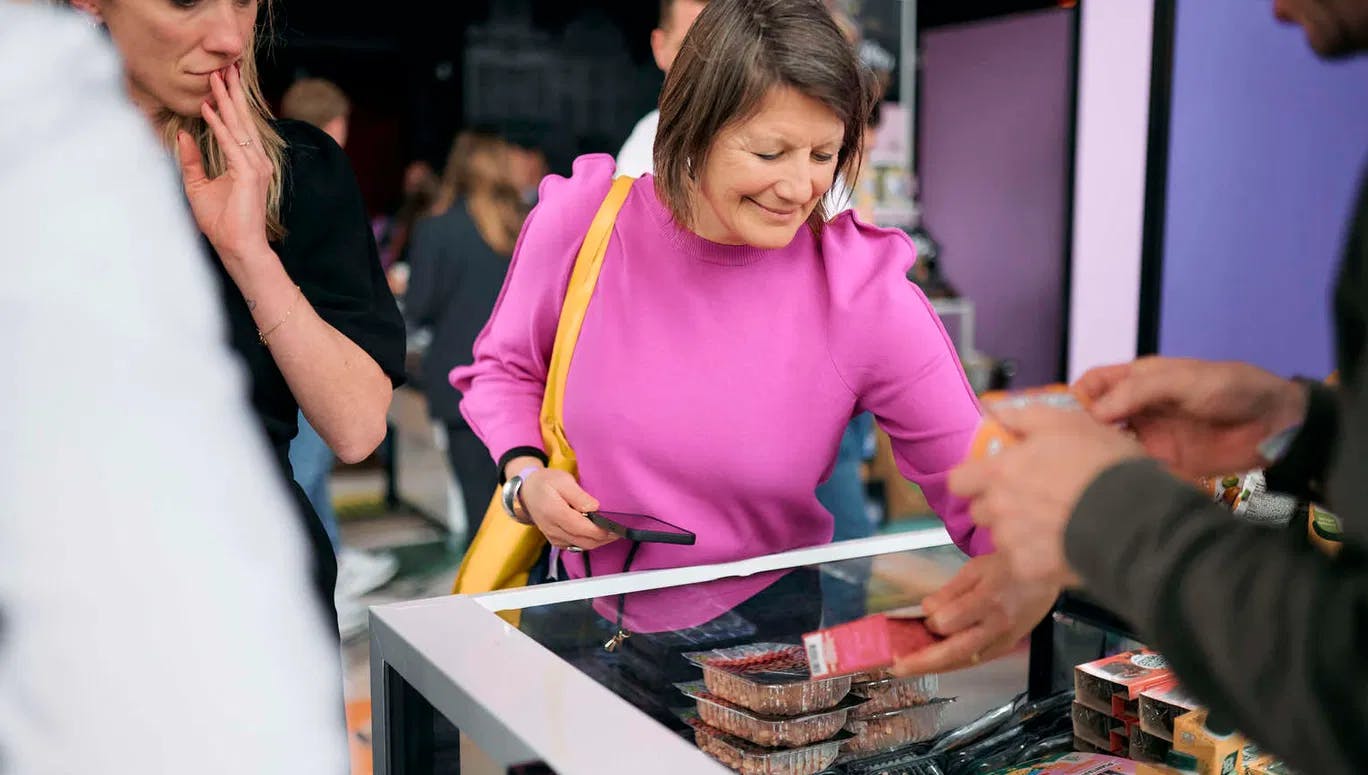
Meet the companies driving the protein transition in Amsterdam
12 January 2026

The last two decades have witnessed a global surge in the production and consumption of animal-based proteins, prompting an urgent need for a dietary paradigm shift. With the looming global climate crisis and the world's population projected to reach 10 billion by 2050, the current food system is proving unsustainable. In response, Amsterdam has proactively embraced new technologies, fostered collaboration among various stakeholders, and set out to redefine dietary habits.
The municipality's Food Strategy for 2023-2026 outlines collaborative measures with social organisations and educational institutions, aiming to diversify the availability of healthy, equitable, and sustainable food options. The municipality of Amsterdam aims for its residents a diet comprising at least 60% plant-based choices by 2030.
According to De Gezonde Stad, 60% of Amsterdam residents follow flexitarian, vegan, vegetarian, or pescatarian diets, surpassing the national average. The transition is not just a trend; it's a booming business. Marcel van der Heijden, co-founder of Plant FWD, a conference aimed at harnessing the Netherlands' leadership in plant-based innovation and Amsterdam's global business influence for a plant-forward future, highlights that the current market for plant products is valued at 15 billion in sales. Projections suggest a growth to 88 billion in 2030 and an astonishing 450 billion in 2040.
A gradual yet sudden cultural shift in dietary habits sees more people recognising the benefits of reducing meat consumption. Restaurants, including traditional meat-focused ones, now offer several plant-based options, showcasing a growing acceptance of meat substitutes in daily meals.
Amsterdam leads the way in promoting plant-based diets by becoming the first capital city in the EU to sign and endorse the Plant Based Treaty. This commitment signifies a global call to change dietary patterns, addressing the climate crisis by relinquishing practices that lead to ecosystem degradation and deforestation by placing food systems at the forefront.
The Netherlands' food industry has witnessed significant innovation in plant-based products, offering alternatives that closely mimic traditional meat. Companies like Growy have combined extensive agricultural experience with the latest vertical farming technology to provide on-demand produce of consistently high-quality fresh greens.
Recent policy measures, including the Dutch government's approval of limited tastings of lab-grown meat, complement the country’s ‘National Growth Fund’ – which committed €60 million towards strengthening the cellular agriculture ecosystem. Notably, companies like Meatable, Mosa Meat, and Upstream Foods are poised to showcase the potential of lab-grown proteins as part of this motion. Lab-grown meat holds the promise of providing an alternative that could positively influence animal welfare, reduce CO2 emissions, minimise water and land usage, and decrease reliance on antibiotics.
The availability of diverse and tasty meat substitute options has played a pivotal role in their widespread adoption. From bacon and sausages to plant-based alternatives for traditional Dutch dishes, options cater to different tastes, including seaweed for burgers from The Dutch Weed Burger, on a mission to "challenge the taking culture, nurture the giving culture and create a future where all life thrives".
The surge in meat substitute consumption in the Netherlands is a result of a confluence of factors under the umbrella of what seems like a sudden cultural shift, innovation, and tech in the food industry. Health consciousness, environmental awareness, ethical considerations, culinary innovation, and support from both the food industry and government all play crucial roles in driving this dietary transformation.
As Amsterdam spearheads this movement, it sets an example for cities worldwide to embrace sustainable and plant-forward lifestyles, shaping a future where the choice for plant-based options is not just a preference but a global norm.